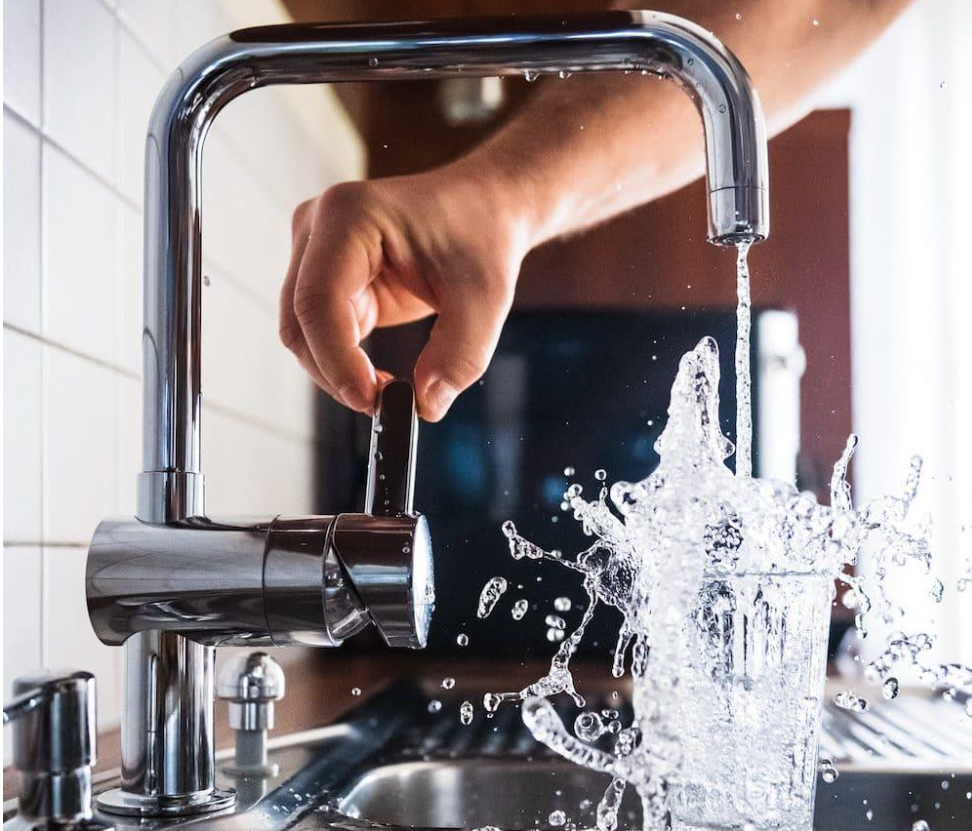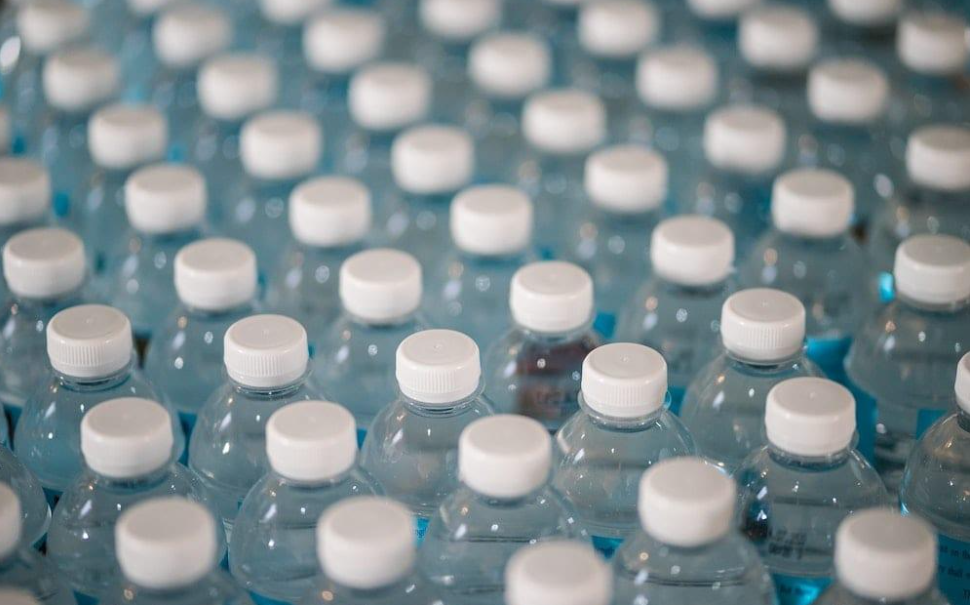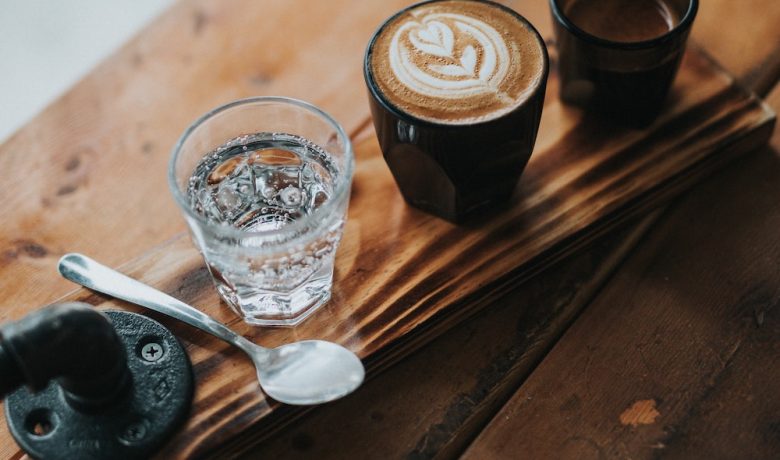What is the best type of water to use for making coffee? The differences between various types of water can be quite substantial!
Not all water is created equal, and the same goes for coffee. In our continuous effort to use science to refine the brewing process of high-quality coffee, we’ve tested various options to determine which type of water yields the best results.
In this guide, we focus on several different types of water, outlining their benefits and potential downsides. Keep reading to find out which type of water is best suited for your coffee needs!
Tap water
When it comes to basic necessities, tap water is as fundamental as it gets. Naturally, the quality of tap water is influenced by several factors such as your location, the condition of your home’s plumbing, and whether or not you use a filter.

However, generally speaking, busy people often use this type of water. While it’s not a bad way to brew coffee, there are better options if you’re looking for a more handcrafted experience.
Soft or Hard?
Thinking about whether water is soft or hard might seem odd since we usually just consider it wet. The terms “soft” and “hard” refer more to what’s found in the water upon closer inspection rather than its physical feel.
When water has an excess amount of calcium, it becomes hard. If it gets too hard, it could harm your coffee machine. On the other hand, water with moderate levels of calcium or magnesium can actually improve the flavor of your coffee.
The good news is that most tap water is naturally hard. So you can use a special softener to filter out some excess minerals if needed. To try this method, just turn off the filter and see if you prefer your water soft or hard.
Just remember to turn the filter back on after brewing your coffee because over time, hard water can negatively affect your cardiovascular health.
Bottled Water
Using bottled water to make your coffee taste more handcrafted can be quite tempting and effective. However, it’s important to handle this carefully.

Certain bottled waters often have higher acidity levels. Such acidic water can amplify the natural acidity in coffee beans, leading to a bitter and generally unpleasant drinking experience.
Conversely, alkaline water tends to offer a more balanced flavor profile. Coffee brewed with mineral-rich water often boasts a fuller taste.
When selecting mineral water, look for those containing magnesium or calcium. These minerals not only contribute to your daily nutritional intake but also create what is known as “hard water,” which enhances the overall smoothness and enjoyment of your brew.
Does Water Temperature Matter?
Now that you’re aware of your choices, does the temperature of the water make any difference? Opinions vary. While it’s challenging to measure how water temperature affects coffee flavor precisely, certain trends are worth noting.
Most coffee shops seem to prefer using room-temperature water for brewing. In fact, many major coffee bean brands recommend this practice right on their packaging.
Following this advice may yield different results depending on personal preference. There’s no universal agreement on the ideal temperature for brewing water before starting the process.
One widely accepted view is that hot water is not suitable. This primarily stems from the fact that hot water heats up faster in heaters, leading to quicker mineral buildup in storage tanks.
Conclusion
If you’re looking to find the ideal water for brewing your coffee, experimenting is key. Since everyone has different tastes, don’t hesitate to try different options.
